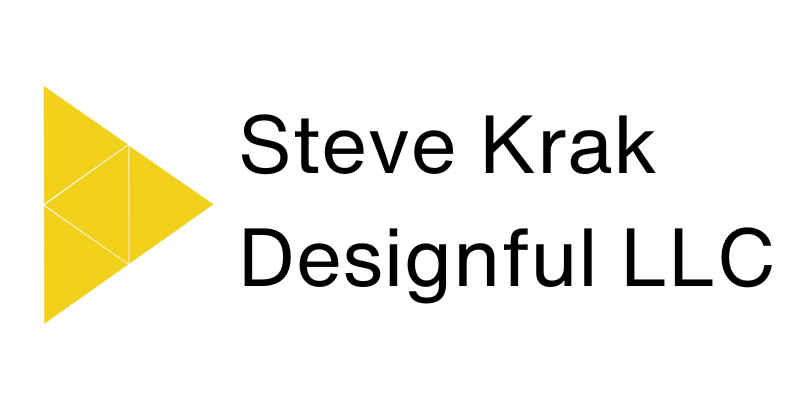I just lost my reading glass in the #&^% Nile River!
/In spite of a career spent in engineering right here in Cbus, I've always had a passion for education. Little did I know that I'd get the chance to work in education, and I'd get to do it in Egypt. Thanks to my network and a USAID project (yes, your tax dollars and mine), I spent the last three years helping this 90% Muslim country and a strategic Middle East partner introduce a new school design into their very traditional public school system. The project has been successful in spite of seemingly insurmountable barriers at almost every turn. It's been a fantastic learning experience. I've learned that there are many who are eager to change the way their youth learn, even if they have to give up their time and their pride to do it. Teachers willing to strip off their identity as the keeper of knowledge, Ministers of education willing to share success and risk, parents willing to send their 15 year olds to a new, far off school on only a promise, and students willing to jump off the known path and into a very uncertain future ... all while their country is going through tough times. Besides co-designing their new education system-within-a-system with the local stakeholders, I've had so many discussions with scared students, teachers, principles and officials that this feels more like parenting at times than consulting. On my very first of 17 visits, I noticed that outside the walls of this first residential school campus, this felt nothing at all like home. But inside these walls, it was a different story. It was just students trying to learn how to succeed in life and adults trying to figure out how to help them. The content was not that different than back home. The students faces were a different spectrum of colors, some adorned with head scarves, but otherwise their hunger to learn, to really learn, was the same. Our job was to help them design a system that fit and yet would take all of them to a new mix of experiential and traditional learning. They wanted an off- the-shelf solution. That wasn't going to work and what would work would take trust and a willingness to use the very same skill we wanted them to teach their students: trying, failing, changing , and trying again. It's been amazing to watch them step out in that limb, take those risks, re-define their identity as teachers and put the student in the center of their own learning. Students are tackling real problems in Egypt like water, energy, overpopulation, health, and industry. They are sailing past their own teachers' abilities, and recent graduates are experiencing the real world with a head start on solving real problems. These students are exposed to new outlooks, new skills, and new ways to solve problems. These are literally some of Egypt's next leaders, and I'm thrilled to have played a small role in giving them an opportunity to approach their future world and its future problems in a manner that is different from today's adults.
We've learned so many lessons that can have an impact back home. Some of them already have. But my biggest lesson was that these kids just want a bright future. These teachers just want to create this opportunity while bettering themselves. These parents just want their kids to be safe and secure in the meantime. They all just want to be able to go back to their families at the end of the day (or the semester). Our worlds have a lot more in common than my central Ohio exposure led me to believe.
When I was a kid in Westerville, I learned about the awe-inspiring Giza pyramids like all the other kids. So eventually, amidst all the other project problems that were on my mind that evening, my colleagues and I went to to relax with a short faluka ride. As I boarded the old boat from the rickety pier with the pyramids literally in the background, I heard a "plop". My reading glasses just joined hundreds and even thousands of years of history at the bottom of the historic Nile River. Oh.My.God.

